Highlighting Decentralized Evidence
High-reliability content from IPFS, free from centralized control.
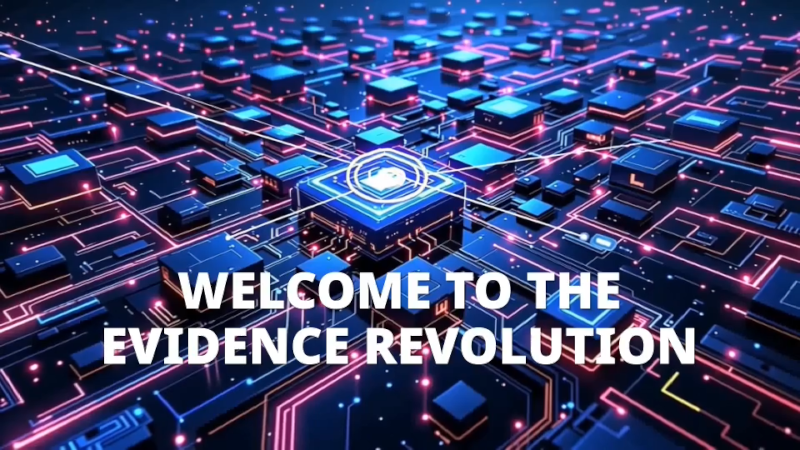
Security First Protocols
That's the vision behind Freeweb3.com – a platform designed to empower individuals to take control of their digital identities and engage directly with decentralized networks..


Onboarding to Web3 ecosystem
At Freeweb3.com, users have access to a range of tools and applications that simplify the process of getting started with Web3 technologies.
Gateway to the Decentralized Internet
That's the vision behind Freeweb3.com – a platform designed to empower individuals to take control of their digital identities and engage directly with decentralized networks.

IPFS
Up-time 100%

Ethereum
Up-time 100%

ENS
Up-time 100%

Solidity
Up-time 100%

Chainlink
Up-time 100%

Node.js
Up-time 100%

React
Up-time 100%

Arbitrum
Up-time 100%

Polygon
Up-time 100%

Optimism
Up-time 100%

Metamask
Up-time 100%

Infura
Up-time 100%

Etherscan
Up-time 100%

Next.js
Up-time 100%
Freeweb3 provides ways to explore and participating in Web3.
- Decentralization: Web3 technologies promote decentralization, which means that no single entity has control over the entire system. This can lead to more transparent, democratic, and resilient public service systems.
- Transparency and Accountability: Blockchains provide transparent and immutable records of transactions or interactions, enhancing accountability within public service systems. Citizens can track how public resources are utilized, reducing corruption and increasing trust in institutions.
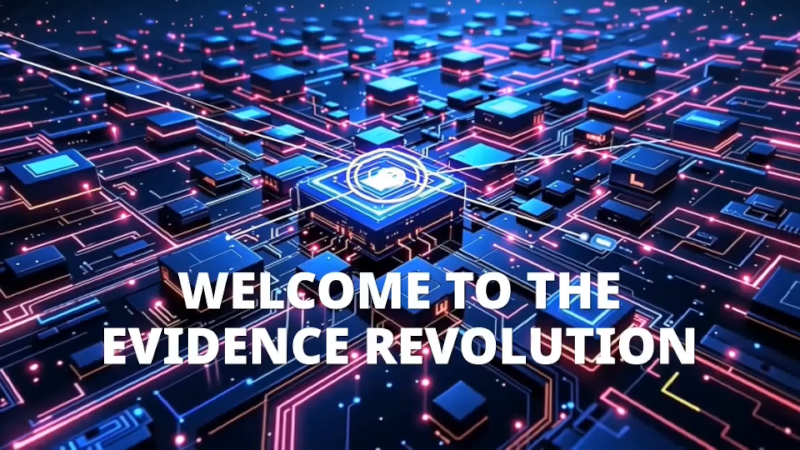
Security & Integrity
- Security: The cryptographic principles underlying blockchain technology ensure a high level of security. Data stored on a blockchain is encrypted and tamper-proof, reducing the risk of data breaches and unauthorized access.
- Data Integrity: With blockchain technology, data stored on the distributed ledger is immutable and cannot be altered retroactively. This ensures the integrity of public service records, preventing fraud and manipulation.
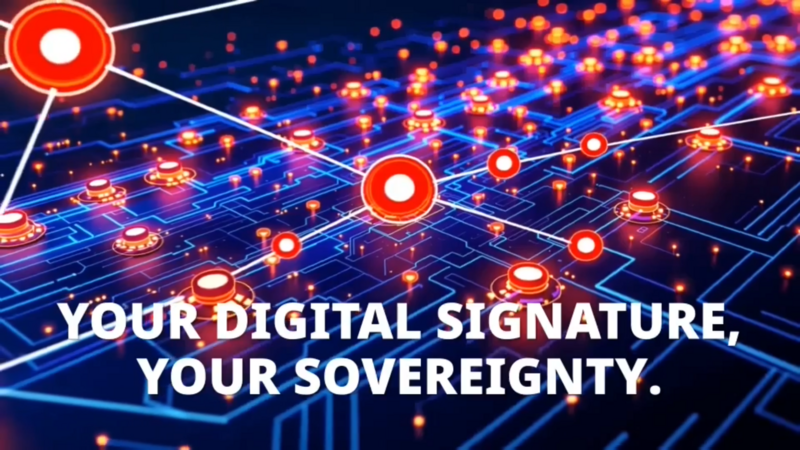
Efficiency & Accessibility
- Cost Efficiency: Peer-to-peer networks eliminate the need for intermediaries, reducing transaction costs associated with public service delivery. Smart contracts on blockchains automate processes, further streamlining operations and reducing overhead costs.
- Accessibility: Web3 technologies can facilitate access to public services for underserved populations, including those without access to traditional banking systems or government identification. Peer-to-peer networks can enable direct peer-to-peer transactions without relying on centralized authorities.

Interoperability & Resilliancy
- Interoperability: Blockchain platforms can facilitate interoperability between different public service systems, allowing for seamless data exchange and collaboration between government agencies and other stakeholders. This can lead to more efficient service delivery and better coordination of resources.
- Resilience to Downtime: Peer-to-peer networks are inherently resilient to downtime and censorship since they do not rely on centralized servers or infrastructure. This ensures continuous access to public services even in the event of network disruptions or cyber attacks.
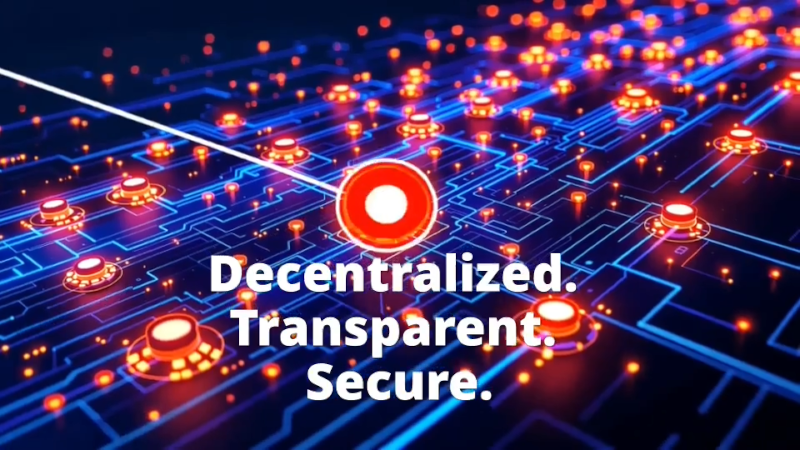
Incentive Experimentation.
- Incentive Mechanisms: Web3 technologies can incorporate incentive mechanisms, such as token rewards or reputation systems, to encourage participation and contribution to public service systems. This can foster community engagement and cooperation in addressing societal challenges.
- Innovation and Experimentation: By leveraging Web3 technologies, public service systems can foster innovation and experimentation in service delivery models. Smart contracts, decentralized autonomous organizations (DAOs), and other blockchain-based tools enable novel approaches to governance and public administration.
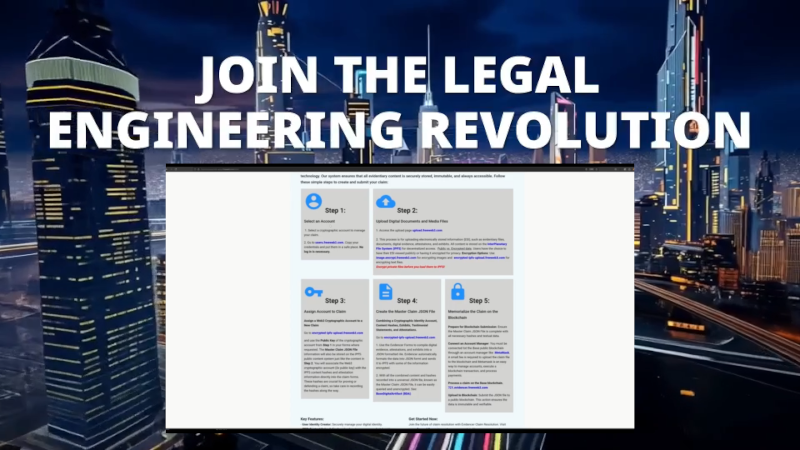
What a Web3 application founder says.
Freeweb3 democratizes access to Web3 technologies, allowing individuals from all backgrounds to harness the power of decentralization
Freeweb3 FAQs
Freeweb3.com represents a groundbreaking initiative that empowers individuals to participate in the Web3 revolution and shape the future of the decentralized internet.

Can you explain the concept of Web3 and how Freeweb3.com fits into this emerging landscape?
Web3 refers to the vision of a decentralized internet built on principles of openness, transparency, and user sovereignty. Freeweb3.com serves as a gateway for individuals to explore and participate in this emerging decentralized ecosystem, providing access to tools and applications that facilitate engagement with peer-to-peer computing and public blockchain technologies.
What are some of the key features and functionalities offered by Freeweb3.com
Freeweb3.com offers users the ability to create private keys, access basic tools and applications for participating in decentralized networks, and explore opportunities in decentralized finance (DeFi) and governance systems. Additionally, the platform promotes financial inclusion, economic empowerment, and resilience through its distributed architecture.
How does Freeweb3.com promote financial inclusion and economic empowerment, particularly for underserved communities?
By providing access to DeFi protocols and other decentralized applications, Freeweb3.com enables individuals who may have been excluded from traditional financial systems to access a wide range of financial services, including lending, borrowing, and earning interest on their assets. This has the potential to uplift underserved communities and unlock new opportunities for economic prosperity.
What are some potential use cases for Freeweb3.com, and how might university students in technical or administrative and communications majors benefit from using the platform?
Freeweb3.com can be used for a variety of purposes, including exploring decentralized applications, participating in peer-to-peer computing, and engaging in decentralized governance systems. University students in technical majors may benefit from using the platform to experiment with blockchain technology and develop innovative solutions, while students in administrative and communications majors may use it to explore the implications of decentralized systems on various industries and society as a whole..
How does Freeweb3.com address privacy and security concerns, particularly when it comes to managing cryptographic keys and interacting with decentralized applications?
Freeweb3.com employs robust encryption techniques to protect users private keys and ensure the security of their digital identities. Additionally, the platform provides guidance on best practices for securely interacting with decentralized applications and managing digital assets within the Web3 ecosystem.
What inspired the creation of Web3 Legal Engineering and the development of these innovative solutions?
Web3 Legal Engineering was founded with the vision of leveraging technology to revolutionize the legal industry. There is a need for more efficient and secure solutions for handling insurance claims and legal proceedings, which led to the development of groundbreaking tools and protocols. </a>
Where can people learn more about Web3 Legal Engineering and access additional information about these innovative solutions?
For more information about Web3 Legal Engineering and our groundbreaking solutions, listeners can visit our website at [hero.evidencer.io](https://hero.evidencer.io/).


